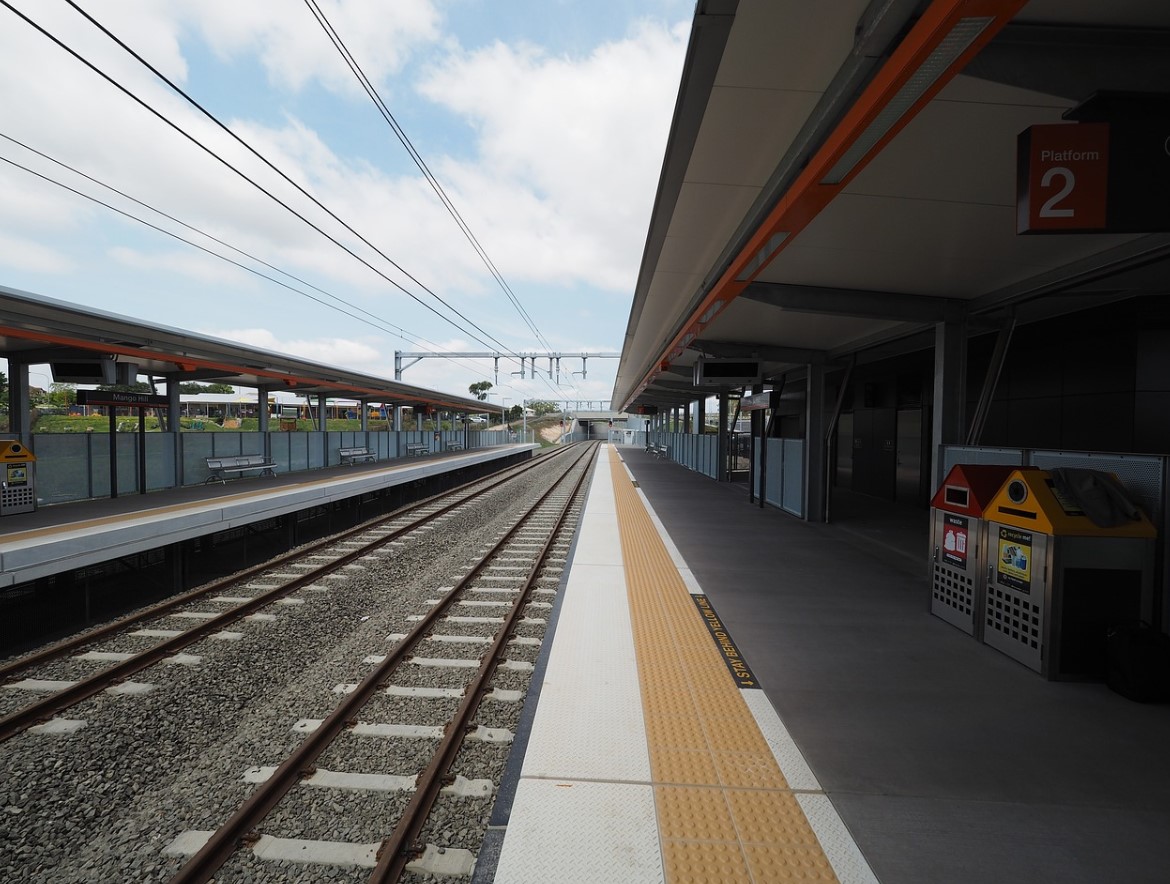General Engineering and How It Improves Railway Infrastructure Development
20 September 2023
Know how general engineering enhances railway infrastructure. Building the future of efficient transportation with Reds Engineering. Call us on 0408 133 932.
The field of general engineering provides a foundation of knowledge and skills applicable across various engineering disciplines, making it helpful in solving complex engineering challenges.
Some disciplines that can be helpful in many industries are civil, mechanical, electrical, and structural engineering. One of the industries that can take advantage of these general engineering disciplines is the railway infrastructure industry. These general engineering disciplines help in developing and improving railway networks that are deemed useful in providing safe and efficient transportation as well as enabling social and economic integration.
In railway infrastructure development, general engineering can contribute a lot of things. Here are some ways the said field helps improve railway networks.
General Plan and Design
General engineering is essential in the design and planning phase of railway infrastructure projects. Engineers analyse factors like terrain, population density, traffic flow, and environmental considerations to develop optimal rail network layouts. They then utilise their expertise to design railway lines, stations, bridges, tunnels, and other structures to make sure they meet safety standards, accommodate various train types, and provide a smooth and efficient flow of traffic without compromising public safety.
Structural Integrity and Safety
Speaking of safety, it is a primary concern in railway infrastructure development. Through general engineering, it can establish the structural integrity of the components involved. Engineers apply their knowledge to design and construct robust and reliable railway tracks, bridges, tunnels, and platforms. They then consider factors like load capacity, material strength, and structural stability to make sure the infrastructure can withstand heavy train loads, extreme weather conditions, and other external factors.
Stable Railway Foundations
Railway infrastructure often involves construction in challenging terrains, including mountains, hills, and unstable soils. Engineers, therefore, should carry out soil and rock testing, examine slope stability, and design appropriate foundations to mitigate the risk of landslides, soil settlement, or other hazards that could affect and damage railway infrastructure in the long run.
Electrical and Signalling Systems
Electrical and signalling systems are vital components of railway infrastructure as they help ensure safe train operations, efficient traffic control, and accurate communication between trains and control centres. Through the expertise of electrical and electronic engineers, they can design, install, and maintain these systems. They can also work on power supply networks, signalling systems, train control systems, and communication networks to effectively meet industry standards and comply with safety regulations.
Technology Integration
General engineering embraces advancements in technology to improve railway infrastructure development. Engineers leverage computer-aided design or CAD software, Building Information Modelling or BIM, and simulation tools to optimise designs, evaluate performance, and identify potential issues before construction. They also utilise artificial intelligence, the Internet of Things or IoT, and Big Data analytics to enhance railway safety, efficiency, and upkeep.
Energy Efficiency and Sustainability
Ultimately, general engineering plays a significant role in improving energy efficiency and sustainability in railway infrastructure. Engineers work on optimising train propulsion systems, integrating regenerative braking technology, and developing energy-efficient lighting and ventilation systems for stations and tunnels. They also explore renewable energy solutions to meet the electricity needs of railway infrastructure. Doing these things helps reduce carbon emissions and minimise the environmental impact of railway operations.
General engineering plays a vital role in improving railway infrastructure development. The application of various engineering disciplines in railway infrastructure development helps boost structural integrity, safety, energy efficiency, and overall performance.
Optimized by: Netwizard SEO

